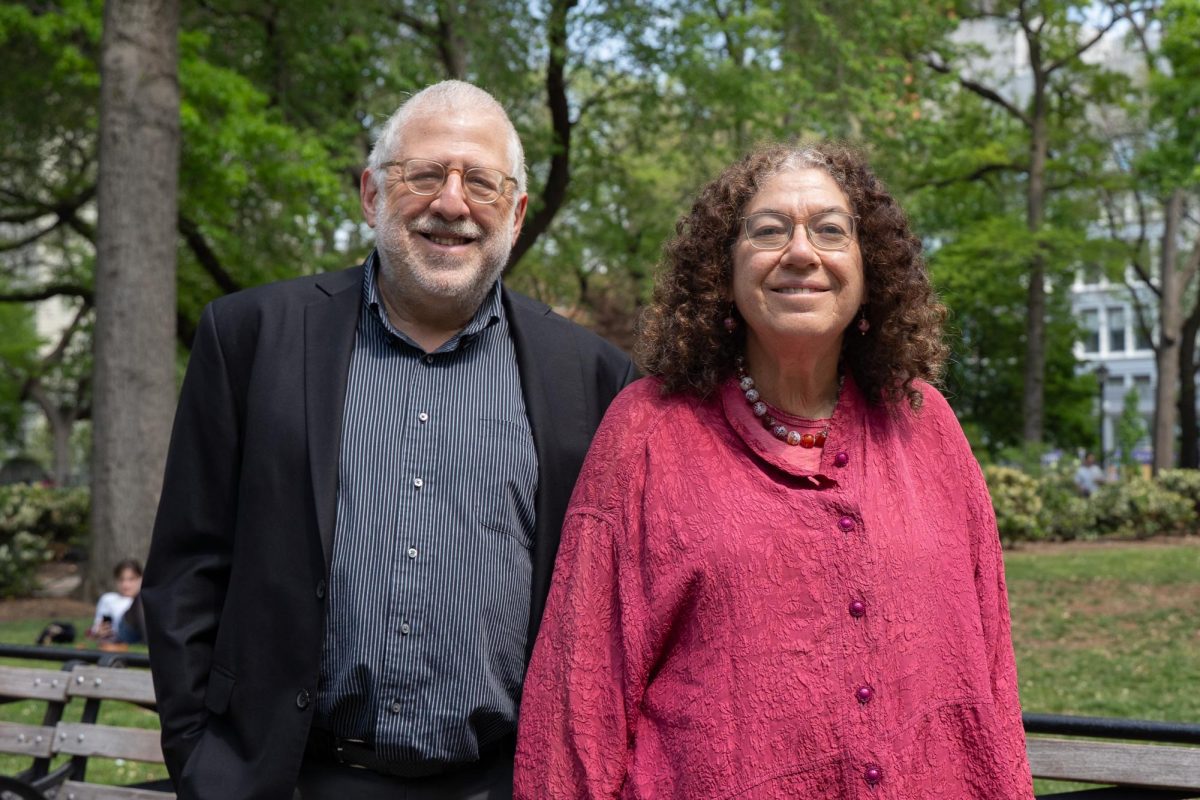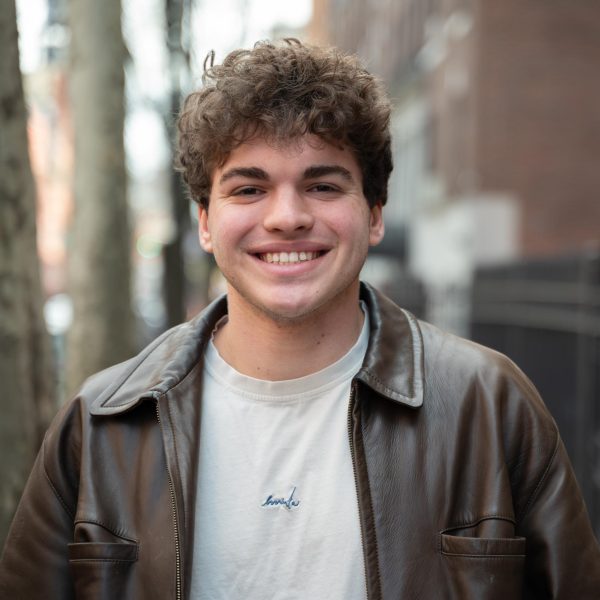There aren’t many NYU classes taught by two professors at the same time — let alone a married couple.
When professors Perri Klass and Larry Wolff step into the NYU lecture hall, their collaboration feels effortless — a seamless fusion of medicine, journalism and history that transforms into a conversation, each perspective enriching the other. Klass, a pediatrician and journalist, explores how medicine and media shape childhood, while Wolff, a historian, examines how societies have defined growing up over time.
Despite their seemingly disparate backgrounds in medical humanities and European and Mediterranean studies, Klass and Wolff have manufactured a course representative of the intersection between these subjects.
While serving as co-directors at NYU Florence from 2019 to 2024, the pair decided to expand the course into a core offering through NYU’s Texts and Ideas curriculum. Their goal was to create a class that would be valuable for CAS undergraduates while allowing them to integrate teaching into their administrative roles to stay connected with students.
With this interdisciplinary approach in mind, they founded “Children and Childhood: Medical, Historical, and Cultural Perspectives” in NYU’s College of Arts and Science. Their course offers a fresh lens on something we all experience but rarely pause to analyze — what it truly means to be a child.
Klass and Wolff first met as college students at Harvard University and built a life together in Boston, raising three children before moving to New York City in 2006, the year they joined NYU’s faculty. Since then, they have brought their combined expertise into the classroom, developing a course that reflects both their professional passions and long-standing partnership.
In 2013, the course was launched alongside the founding of NYU Shanghai as a January-term program designed for NYU Abu Dhabi students visiting the campus.
“It was an interdisciplinary experiment in what it meant to think about childhood simultaneously from two perspectives: a medical perspective and a historical perspective,” Wolff said.
As the course expanded to the New York City campus, they adapted their approach, encouraging students from diverse global sites to examine childhood beyond personal experience. By incorporating cultural, historical and medical contexts, they are able to foster deeper discussions on how childhood is shaped by time, place and societal norms.
“Childhood, on one hand, is something everyone has direct experience with, but on the other, it allows you to explore different times, cultures and religions,” Klass said.
Klass and Wolff additionally have to navigate how to function both as professors and as a married couple. When the course debuted, in order to overcome the challenge of being first-time co-professors, they leaned into the strength of communication and their partnership.
“It’s become, for the two of us, more collaborative and more of a conversation as we are teaching,” Wolff said. “When she is talking about her subject, I’m commenting as she speaks — sometimes interrupting, sometimes she turns to me and asks, ‘How would you respond to that from your point of view?’”
By openly discussing the content of their class and playing upon each other’s academic strengths, they discovered how they best approach the ins and outs of everyday teaching and used this knowledge to improve their course over the years.
With their direct experience in both parenthood and childhood, Klass and Wolff recognize the difficulty of separating what they teach in the classroom from what occurs in their personal lives. Naturally, students raised the question: How do their roles as experts in childhood shape the way they raised their own children?
“One of the things that we do at the end of the course, when we can, is bring in one of our kids as a guest speaker to talk about us as parents,” Wolff said.
In taking this more interactive approach to teaching, Klass and Wolff fluidly bring the intersection of academic and personal experience to their classroom. Instances like this also function as one of many mechanisms they employ in order to teach as both co-workers and a married couple.
“I think that our principle of teaching is that we are close professional colleagues who work together academically and happen to be married,” Wolff said.
Contact Lauren Aragon and Maya Santiago at [email protected].
























































































































































